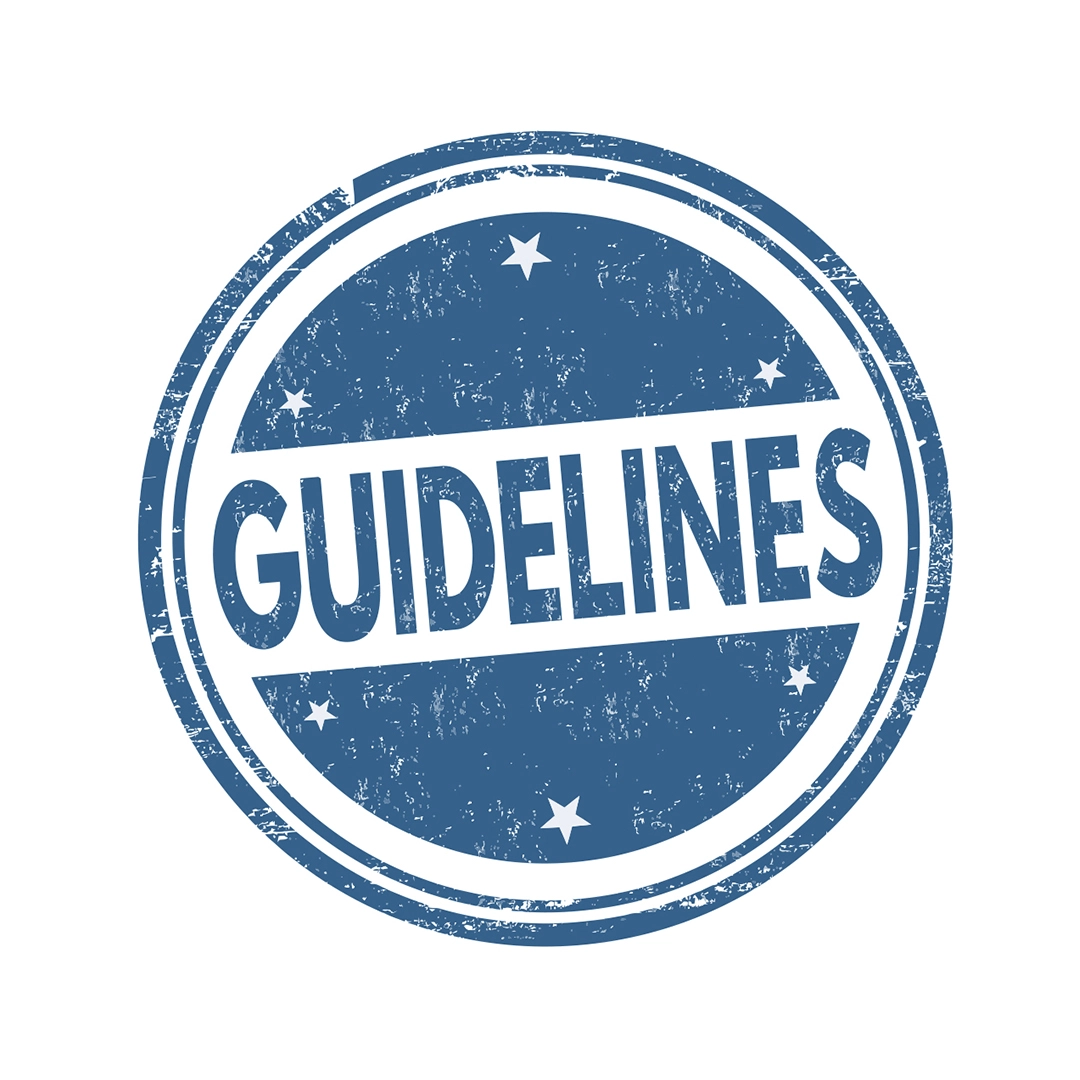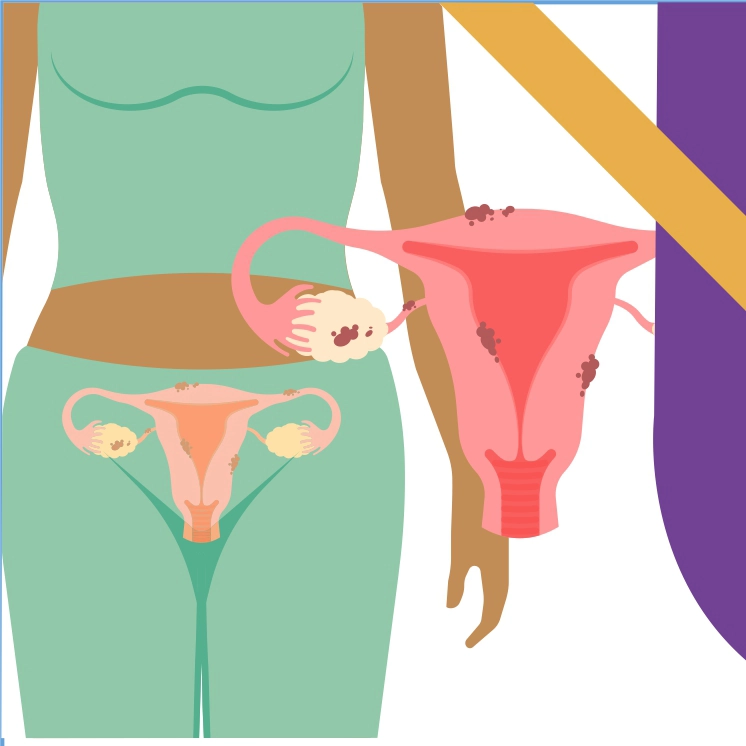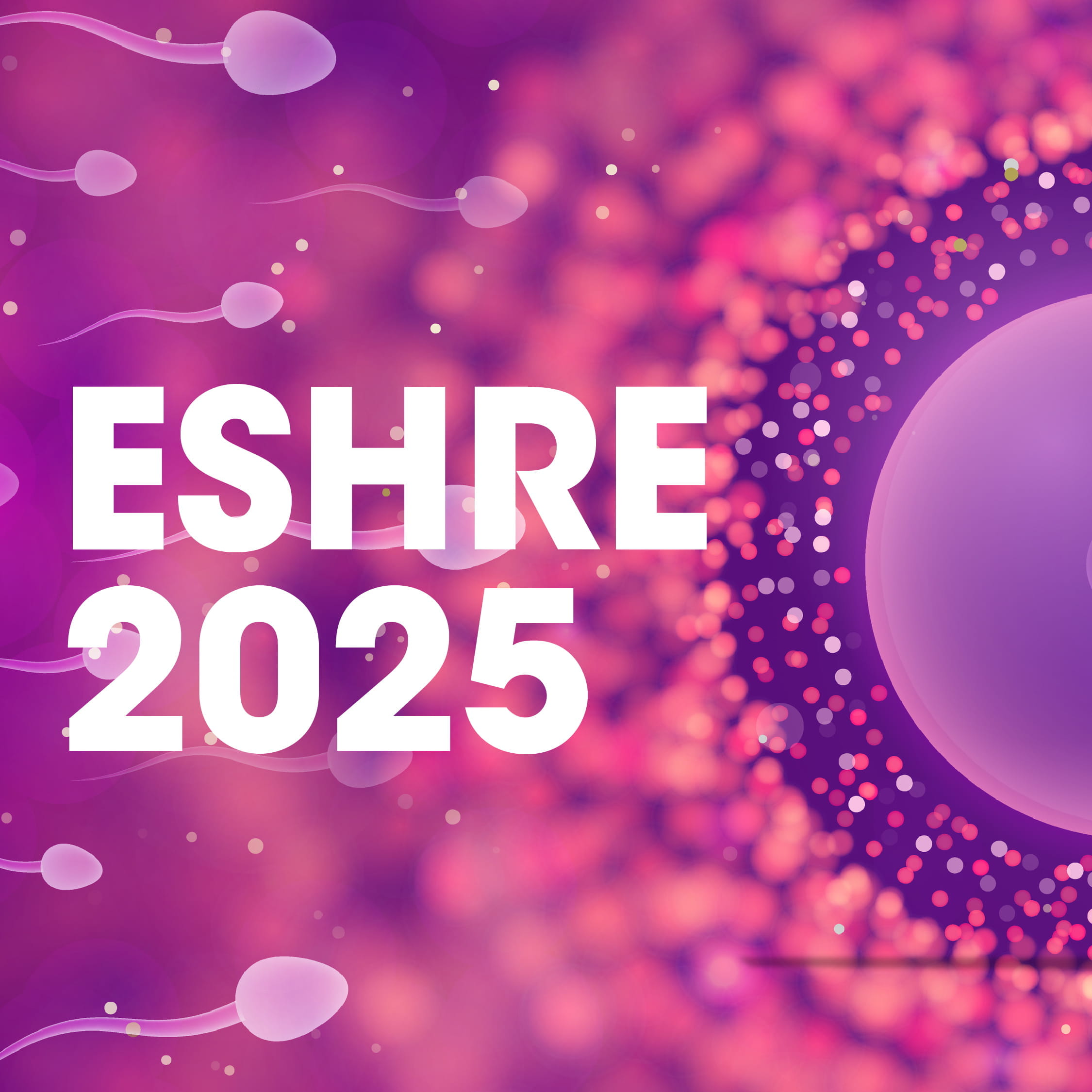ESHRE 2025: Impact of Endometriosis on Early Embryo Development and Age-Related Decline in ART Patients: An Objective Evaluation Using Automated Time-Lapse Image Analysis
Study Question: Does endometriosis affect oocyte quality and subsequently embryonic development in ART?
Summary Answer: Endometriosis did not impact embryonic development until the mid-30s, but beyond age 37, it significantly exacerbated the age-related decline in embryo development.
What Is Known Already:
Although ART is a treatment option for infertility due to endometriosis, previous reports suggest lower oocyte retrieval and fertilization rates. The impact on preimplantation embryo development remains inconclusive, especially with time-lapse morphokinetic data.
Study Design:
- Retrospective cohort study analyzing 744 ART cycles between 2018 and 2024. A total of 4205 embryos (1477 with EevaTM, 2728 without) were cultured in a time-lapse incubator at a single ART center.
- Embryos were scored using the EevaTM automated algorithm (scale 1–5). Patients were classified into endometriosis (n = 328 embryos) or control (n = 1149 embryos) groups.
- Data included AMH, gonadotropin use, embryo morphokinetics, and EevaTM scores. Appropriate statistical tests were used.
Results:
- General Findings:
- AMH was lower and more gonadotropin was needed in the endometriosis group.
- Fewer embryos reached time-lapse culture in the endometriosis group.
- By Age Group:
- ≤35 years: Similar proportion of embryos scored 1 or 2 (favorable scores) compared to controls (43.9% vs 49.8%, P = 0.13).
- ≥37 years: Lower favorable EevaTM scores (18.1% vs 39.1%, P = 0.0002).
- Significantly lower overall EevaTM scores (P = 0.00006).
- Live birth rate:
- Ages 36–39: 25.7% (9/35)
- ≤35 years: 22.9% (27/118)
- ≥40 years: 0 live births from 42 embryos and 14 transfers.
Limitations: Single-center study with a limited number of embryos in the endometriosis group. Surgical status of endometriosis patients varied, and age-related oocyte yield decline limited subgroup sizes.
Wider Implications of the Findings: Automated morphokinetic analysis suggests that endometriosis accelerates age-related decline in embryo quality, particularly after age 37. These findings warrant further validation.
ESHRE 2025, June 29 - July 2, Paris




